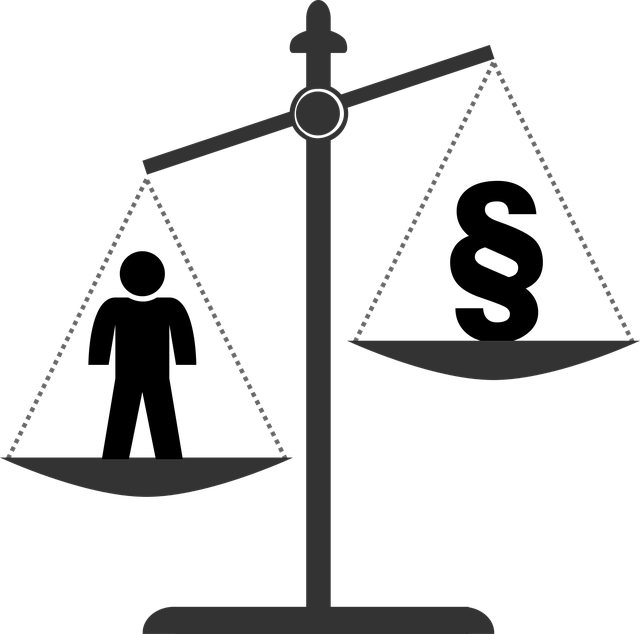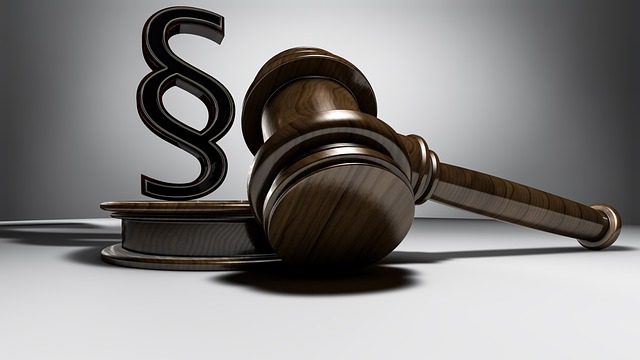Fraudulent financial practices like scams and manipulation require swift action. Consumers should monitor bank statements for unusual activity and gather evidence if suspicions arise. Consulting legal professionals specializing in consumer protection lawsuits is crucial. Understanding the process, gathering detailed records, communications, and documentation builds a solid case. Legal experts guide through investigations, ensuring justice with successful defense verdicts, promoting transparency in financial landscapes. Acting promptly, preparing complaints, and seeking experienced attorneys are key steps to winning Consumer Protection Lawsuits against fraudulent entities.
Fraudulent financial practices can have devastating consequences for individuals and businesses alike. This comprehensive guide explores how to identify, confront, and combat these malicious activities. We break down crucial steps, from understanding common financial fraud schemes to navigating the legal process with a consumer protection lawsuit. By recognizing red flags and gathering solid evidence, you can protect yourself and hold perpetrators accountable. Learn how to file a consumer protection lawsuit effectively and reclaim your financial security.
- Understanding Fraudulent Financial Practices
- Recognizing Red Flags in Your Finances
- Gathering Evidence for a Strong Case
- Navigating the Legal Process: Filing a Lawsuit
Understanding Fraudulent Financial Practices

Fraudulent financial practices refer to intentional misrepresentations or manipulations of financial information, often aimed at deceiving investors, consumers, or institutions for personal gain. These activities can take various forms, including investment scams, insurance fraud, mortgage fraud, and accounting manipulation. Recognizing these schemes is the first step towards combating them. Consumers who suspect fraudulent activity should gather evidence, document interactions, and consult legal professionals specializing in consumer protection laws.
Understanding how to file a Consumer Protection Lawsuit is crucial for holding perpetrators accountable. Legal experts can navigate the complex all stages of the investigative and enforcement process, ensuring that justice is served. With an unprecedented track record of winning challenging defense verdicts, these specialists employ strategic approaches to protect individual rights and secure fair outcomes. By promptly reporting suspicious financial practices and seeking legal counsel, victims can contribute to a more transparent and trustworthy financial landscape.
Recognizing Red Flags in Your Finances

Recognizing fraudulent financial practices early is a key step to protecting your rights as a consumer. Keep an eye out for unusual activity in your bank statements, such as unauthorized transactions or suspicious charges. If you notice any red flags, it’s crucial to act promptly. Gather all relevant documents and records related to the suspected fraud and consult with a legal professional experienced in consumer protection lawsuits.
Understanding how to file a Consumer Protection Lawsuit is essential when dealing with fraudulent financial practices. An attorney can guide you through the complexities of the all stages of the investigative and enforcement process, ensuring your rights are protected. With an unprecedented track record of success across the country, consumers have a powerful ally in holding perpetrators accountable for their actions.
Gathering Evidence for a Strong Case

Building a solid case against fraudulent financial practices is paramount when considering a Consumer Protection Lawsuit. The first step involves meticulously gathering evidence that demonstrates deliberate deception, false representation, or any unethical conduct aimed at financial gain. This includes obtaining detailed records of transactions, communications (emails, texts), and any available documentation that can validate the extent of the fraud.
For instance, when dealing with white-collar and economic crimes, evidence such as bank statements, contract agreements, and financial reports from respective businesses can be pivotal. Additionally, interviews with affected individuals or witnesses can provide firsthand accounts, helping to piece together a comprehensive narrative for the lawsuit. By combining these elements, legal teams can construct a compelling case that not only highlights the fraudulent acts but also their impact on consumers and the wider philanthropic and political communities.
Navigating the Legal Process: Filing a Lawsuit

Navigating the legal process to file a consumer protection lawsuit can be complex, but understanding the steps is crucial for seeking justice and compensation for fraudulent financial practices. The first step involves gathering evidence and documenting all interactions with the entity or individual suspected of engaging in deceptive activities. This may include contracts, correspondence, financial records, and any other materials that support your claim. It’s important to act promptly, as there are often time limits for filing lawsuits, which vary depending on the jurisdiction and type of fraud.
Once prepared, you’ll need to file a complaint with the appropriate court, specifying the allegations and seeking relief under relevant consumer protection laws. This process requires careful legal drafting to ensure all necessary elements of the case are presented clearly. With the help of an experienced attorney, corporate or individual clients can navigate this challenging defense and increase their chances of achieving winning verdicts for his clients.
Fraudulent financial practices can have devastating effects on individuals and businesses alike. By understanding common schemes, recognizing red flags in your finances, and gathering solid evidence, you empower yourself to take action. If necessary, navigating the legal process to file a consumer protection lawsuit is a crucial step in seeking justice and recovery. Remember, knowledge is the first step towards prevention, and proactive measures can help safeguard your financial future. For guidance on how to file a consumer protection lawsuit, consult legal professionals specializing in these matters.






